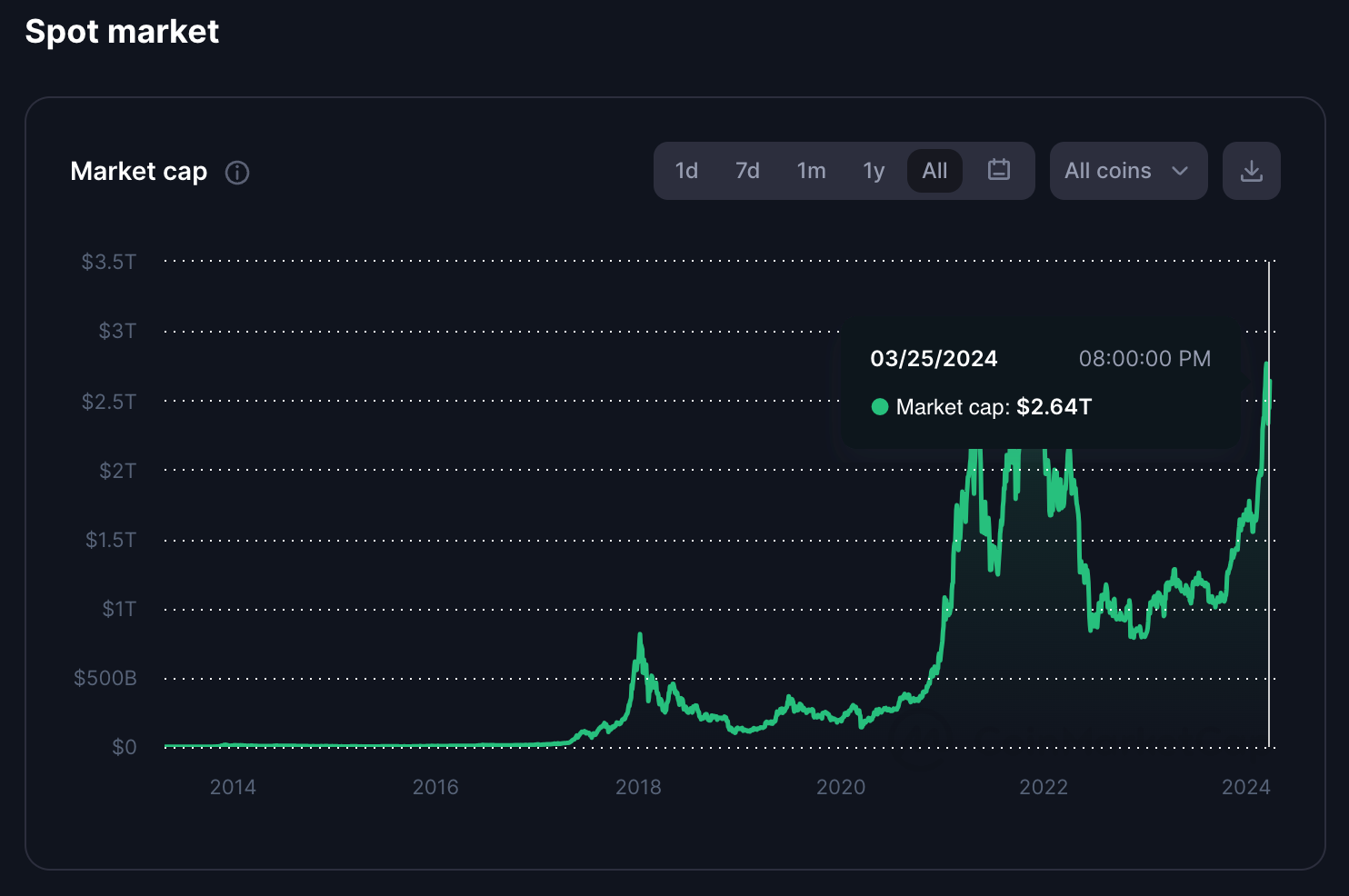Our previous article, “The Power of Digital Asset Loyalty Campaigns,” unveiled the potential of digital assets to redefine brand loyalty in a highly competitive market. Building upon this foundation, this article will outline how the integration of crypto wallets into loyalty programs emerges as an innovation and as a paradigm shift in cultivating customer loyalty, engagement, and value creation.
From Shortcomings to Opportunities
Traditional loyalty programs, once the backbone of brand-customer relationships, are increasingly showing their age. Highlighted by a notable engagement gap—where the average consumer participates in less than half of the on average 14+ loyalty programs they’re enrolled in —these traditional schemes struggle to offer the personalized and frictionless experience demanded by most consumers. The primary challenges lie in the programs’ generic nature, where 91% of consumers find them undifferentiated, and their cumbersome participation processes, leading to a considerable 42% of potential members deterred by the effort required .
Unlike traditional programs, which often rely on generic discounts and rewards, blockchain enables a level of customization and novelty in rewards that can significantly enhance customer interest and participation. For instance, the collaboration between Visa and innovative fintech platforms exemplifies how blockchain can be leveraged to create more engaging, secure, and versatile loyalty solutions, extending beyond mere transactional interactions to foster genuine brand loyalty .
One of the most compelling applications of blockchain in loyalty programs is its ability to reduce the friction associated with participation. By integrating directly with existing customer data platforms and payment systems, blockchain-based programs can offer a seamless experience for users—eliminating the need for separate loyalty cards or apps. This not only addresses the 80% of consumers who prefer not to use disconnected mobile apps for loyalty benefits but also streamlines the entire process, making it easier for customers to earn and redeem rewards .
Moreover, the inherent transparency and security of blockchain provide a foundation for trust and reliability in loyalty programs. This is critical in an era where consumer data privacy and security are top priorities. Blockchain’s immutable ledger ensures that customer data is secure and that the transactions and rewards are accurately tracked, offering peace of mind to both businesses and their customers.
The case of Visa highlights the transformative potential of blockchain in redefining loyalty programs. By utilizing blockchain, Visa has been able to offer enhanced security, faster reward redemption, and a more personalized experience—factors that collectively contribute to higher customer satisfaction and loyalty.
Rapid Reward Redemption for Encouraging Engagement
The immediacy with which rewards can be redeemed through blockchain-based systems addresses one of the traditional loyalty programs’ most significant pitfalls: delayed gratification. Startups leveraging blockchain can offer instant rewards, making the loyalty experience more gratifying for customers. This immediacy can boost program participation rates and foster a more vibrant, engaged community around a brand.
Personalized Experiences for Deepening Connections
Perhaps the most striking advantage of blockchain for loyalty programs is the capacity for unparalleled personalization. With blockchain, startups can easily track individual customer interactions and preferences, enabling hyper-personalized rewards and communications.
This level of personalization makes customers feel valued and understood, deepening their emotional connection to the brand. For startups, this means not just a customer who makes repeat purchases, but a brand advocate who shares their positive experiences with others.
Beyond Customer Satisfaction
The implications of these blockchain-driven enhancements extend far beyond customer satisfaction into tangible business outcomes. Startups that effectively leverage blockchain for their loyalty programs can expect:
- Increased Customer Lifetime Value (CLV): Satisfied and engaged customers are more likely to stick with a brand long-term, contributing to a higher CLV.
- Reduced Customer Acquisition Costs: As satisfied customers share their positive experiences, startups can benefit from word-of-mouth marketing, reducing the need to spend heavily on customer acquisition.
- Enhanced Brand Differentiation: In crowded markets, startups that offer secure, immediate, and personalized loyalty experiences can stand out from competitors, attracting more customers and fostering loyalty.
Understanding Crypto Wallets
At its most basic, a crypto wallet is a digital tool that allows individuals to store, send, and receive cryptocurrencies and digital tokens. Unlike a physical wallet, a crypto wallet doesn’t store currency in the traditional sense but rather keeps digital credentials, or keys, that prove ownership of cryptocurrencies and allow transactions.
There are two main types of crypto wallets: hot wallets, which are connected to the internet and offer convenience for transactions, and cold wallets, which are offline and provide enhanced security for storing digital assets.
Where Crypto Wallets Reside
- Browser Plugins/Extensions: These wallets integrate directly into your web browser, offering a seamless experience for interacting with web-based platforms and dApps (decentralized applications). They are convenient for regular traders or users of blockchain services.
- Mobile Apps: Mobile wallets are applications downloaded to your smartphone, striking a balance between convenience and security. They’re ideal for everyday transactions and provide on-the-go access to your digital assets.
- Custom Applications: Some businesses or services may offer proprietary wallets for enhanced features specific to their ecosystem. These can be either mobile or desktop applications and are designed to integrate closely with the service’s offerings, providing a tailored user experience.
Adoption and Usage
It’s estimated that there are around 84 million active crypto wallet users today. This number reflects the growing acceptance and usage of cryptocurrencies across the globe, signifying a significant shift towards digital financial systems.
The surge in crypto wallet adoption can be attributed to the increasing mainstream acceptance of cryptocurrencies, the proliferation of blockchain-based applications, and the heightened interest in digital finance and decentralized technologies. As of today, crypto is a $2.6 Trillion asset class.

Domains for Campaigns!
Showcase your brand’s personality with a memorable and modern domain.
.art .design .xyz .app .fun .games .life and more!

Easing the Path to Permanent Loyalty
Exploring blockchain’s role in loyalty programs, Crossmint and Privy lead by facilitating the adoption of this technology for crypto-based rewards systems. Their innovative platforms not only make blockchain accessible for loyalty schemes but also demonstrate the real-world value and scalability of such integrations. By offering tools that simplify the incorporation of blockchain into loyalty programs, Crossmint and Privy enable businesses to provide more engaging, secure, and personalized customer experiences.
Privy provides an array of tools for email marketing, automated campaigns, and onsite conversion optimization, such as targeted emails for abandoned carts, welcome series, and customer winbacks. This suite of tools allows businesses to maintain constant, personalized communication with their customers.
The platform’s ability to create targeted campaigns based on user behavior and preferences, combined with its integration capabilities with e-commerce platforms, lays the groundwork for sophisticated loyalty programs that can adapt to the evolving needs and interests of a business’s customer base.
Crossmint, introduces a blockchain-based approach to loyalty programs through its NFT minting platform, enabling businesses to tokenize loyalty rewards and offer them as digital assets. This approach not only modernizes loyalty programs but also makes them more engaging and versatile. Customers can receive NFT-based rewards that could appreciate in value, be traded, or be used to unlock exclusive benefits.
Crossmint’s infrastructure simplifies the integration of NFTs and blockchain technology into existing applications, making it accessible for businesses without requiring deep blockchain expertise. The platform supports a variety of payment methods for NFT purchases, including fiat currencies, which broadens the accessibility of loyalty rewards to a wider audience. Moreover, Crossmint’s focus on enterprise-grade security and scalability ensures that businesses can implement these innovative loyalty solutions with confidence, knowing they’re built on a secure, reliable foundation.
By leveraging these tools or platforms like them, businesses can create loyalty programs that are not only highly personalized and engaging but also offer tangible, innovative value to customers. This approach addresses the traditional goals of loyalty programs—such as increasing customer retention and encouraging repeat purchases—while also incorporating modern technology to create a loyalty program that drives value for all participants.
Enormous thanks to Kathleen Pearce who once again provided invaluable research for this article.
Ready to launch insights into action?
Let’s talk about building the right tools for your business.

